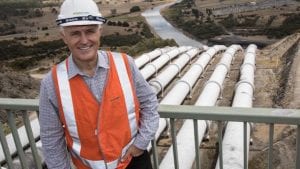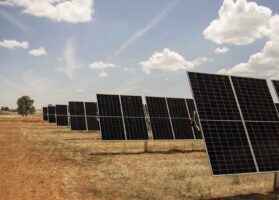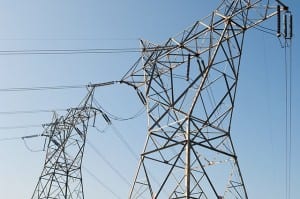Australia not only has a miserably low ranking on the deployment of large scale solar, it also has a low ranking in cleantech innovation, if the latest assessment in the Global Cleantech Innovation Index is any indication.
The assessment – conducted jointly by The Cleantech Group and WWF – includes research and development and innovation in areas such as wind, solar, other renewable technologies, energy efficiency, smart grids and integration, and battery storage.
The top ranked country cleantech value-added from manufacturing in Denmark, which has 55 publicly traded cleantech companies, including biotech company Novozymes, wind company Vestas, and energy efficiency specialists Rockwool, Grundfos and Danfoss.
Australia ranks poorly on most measures, a result of a lack of capital and policy uncertainty that still cripples investment.
On the first measure, the drivers determining the emergence and early-stage progress of cleantech innovations and entrepreneurial cleantech companies, Australia has a low rank. This factor is made up of OECD records of environmental patents filed under the Patent Cooperation Treaty; Cleantech Group data on cleantech venture capital (VC); and records from the 2011-2013 Global Cleantech 100 lists, (Cleantech Group’s annual ranking of the top 100 private cleantech companies glo
And Australia does not rank well on its ability of a country to scale-up cleantech innovations – as many of its cleantech developers can testify. This measure is derived from: cleantech manufacturing value-added; cleantech company revenues; renewable energy consumption data; cleantech late-stage private investment, M&A’s and IPOs; and the number of publicly traded cleantech companies in major indices.
This is the country assessment from the report. As the graph next to it illustrates, the drivers are there but the results are not – Australia ranks well below the average in commercialised innovation and emerging innovation.
“Australia scores very well on innovation drivers, but ranks lower on innovation outputs. The country’s performance on general drivers was built on a reasonably entrepreneurial culture and good early-stage entrepreneurial activity. Cleantech- specific drivers are supported by Australia’s attractiveness for renewables, mainly due to its geo-climatic features, and a good number of cleantech funds. While Australia has seen a number of later-stage cleantech transactions, the country’s commercialised and emerging cleantech innovation score are held back by low renewable energy consumption. Uncertainty surrounding the continuation of carbon pricing, the renewable energy target and other policies has correlated with weaker early-stage private investment in the country.










